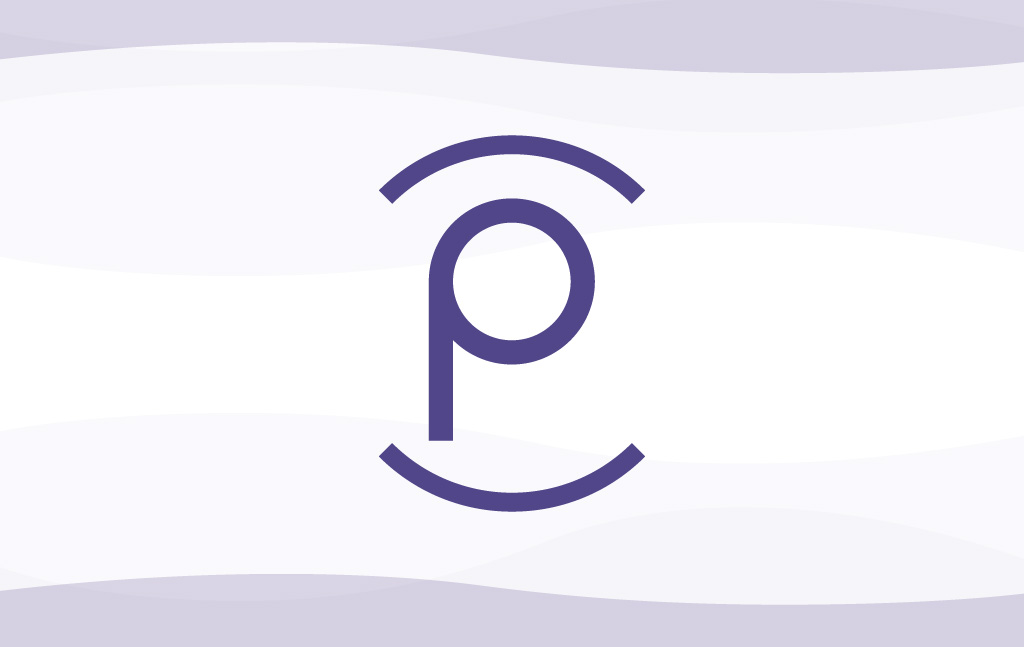As part of our Women’s History Month programming at Peppercomm, we recently held a roundtable discussion connecting our most senior trailblazing leaders with our more junior staff. As an agency, our ongoing mission is to provide continuous mentoring opportunities for our women employees to learn from their more experienced professional counterparts. The conversation included senior partners Jackie Kolek and Maggie O’Neill taking questions from vice presidents Diandra Binney and Kellyn Curtis, senior account executive Amanda Grover and account executive Courtney Rodrigues.
Q: What have been the most productive developments for women in PR over the years?
Maggie O’Neill: To a large extent, the concept of the “boys’ club” among PR professionals has been broken up. Yes, it still exists; but I see it far less often than I used to see it. I rarely see groups of men leaving work early to play golf or go out for a steak dinner on their own. Largely as a result of the #MeToo movement, we’ve seen women moving up in corporate America. Those and other factors have combined to help smash the boys’ club.
Jackie Kolek: In general, there’s a greater awareness of the need for equality than ever before. I remember earlier in my career as a new director, an exec sent me a salary list. I saw I was making less than two men below me on the org chart. I was offended, but also afraid to ask for a raise. I waited until one of my accounts won a big award, and then asked my manager for an increase; I felt I needed to show him my value. To his credit, he apologized and gave me an immediate raise.
Today, I think we as leaders would immediately notice a pay gap like that and correct it. And if we somehow missed it, I hope any woman affected by it would feel empowered to speak up right away.
Q: What are some of the major stumbling blocks that still exist?
Jackie Kolek: To my earlier point, there is so much conversation around women being empowered to ask for things. But we still have not come far enough. We still tend to be far more hesitant than men. We feel we have to prove ourselves and have all of our data points ready – even if we are making the case for a change that should be obvious.
Maggie O’Neill: Layering on to Jackie’s point, I notice that women operate on this wavelength too often. They don’t necessarily think of the return on investment of their decisions. I see men do this all the time. They think about maximizing their ROI and how they can move their career forward from almost every situation.
Q: What are the most promising trends for the future of women in the workplace?
Maggie O’Neill: Today so many more women and men share the viewpoint that a woman can do and be anything. There are far, far fewer professions that we look at and say, “Oh, that’s a man’s profession.” For a girl growing up today, she really can be anything. That wasn’t true when I was younger.
Jackie Kolek: When I was a working mother with young children, I worked at home two days a week and was fortunate to have childcare. But my kids were not allowed to be seen or heard on calls. The first time I emailed my teams that I needed a few hours off to take care of something with my children, my manager told me to never tell people I was taking off for my kids. It was as if I was not allowed to be a professional and a mom.
Now that’s definitely changing. I’m no longer a divided employee and person. Women can bring their lives to work and vice versa. We don’t have to pretend that we’re robots.
Q: What are the greatest threats bubbling up for women professionals?
Maggie O’Neill: There is a huge threat to walking back laws designed to help advance women’s rights: abortion laws, voting rights and other progress that has been made. There is a real threat that everything could move backward. As leaders, we would not be the first of the women negatively impacted by this, so we need to continue to work closely with younger women to ensure that we don’t lose the rights we’ve worked so hard to gain.
Jackie Kolek: Furthering Maggie’s point, I don’t think women are great at mentorship and helping the next generation. In general, we need to do a better job of reaching down and helping them up. Men have built up these types of relationships over many decades. For women to continue to make major strides, we need to build stronger networks to support each other.
Q: What advice do you have for Gen Z women just getting started in their PR careers?
Maggie O’Neill: While it’s important to acknowledge that every woman’s voice should be heard in the workplace, younger women also need to keep top of mind that, as professionals, we work to help our organizations and clients succeed. If you bring your best ideas focused on empowering those you work for and with – and not just yourself – your own career is going advance, as well.
Also, try everything in your profession that you can when you’re young to help you find your passion.
Jackie Kolek: Not everything is fundamentally right or wrong. There are many shades of gray. I know many young professionals are focused on social issues in business, as they should be. But it rarely helps to get hung up on questions like, “Why would you ever work for this company if they do something unsavory?” Try not to jump to conclusions. No organization is perfect, so look for opportunities to help companies be more purposeful rather than scold them.
And, to echo Maggie, don’t be afraid to try new things, learn from your mistakes and use that knowledge in your next challenge.




